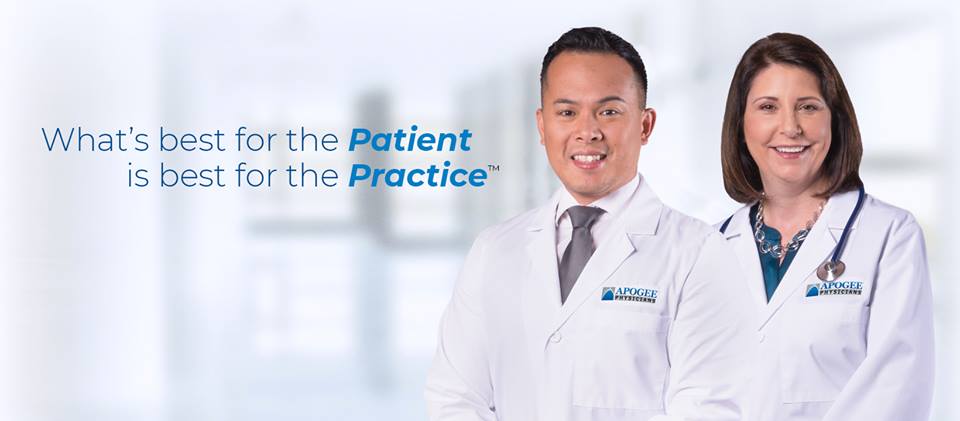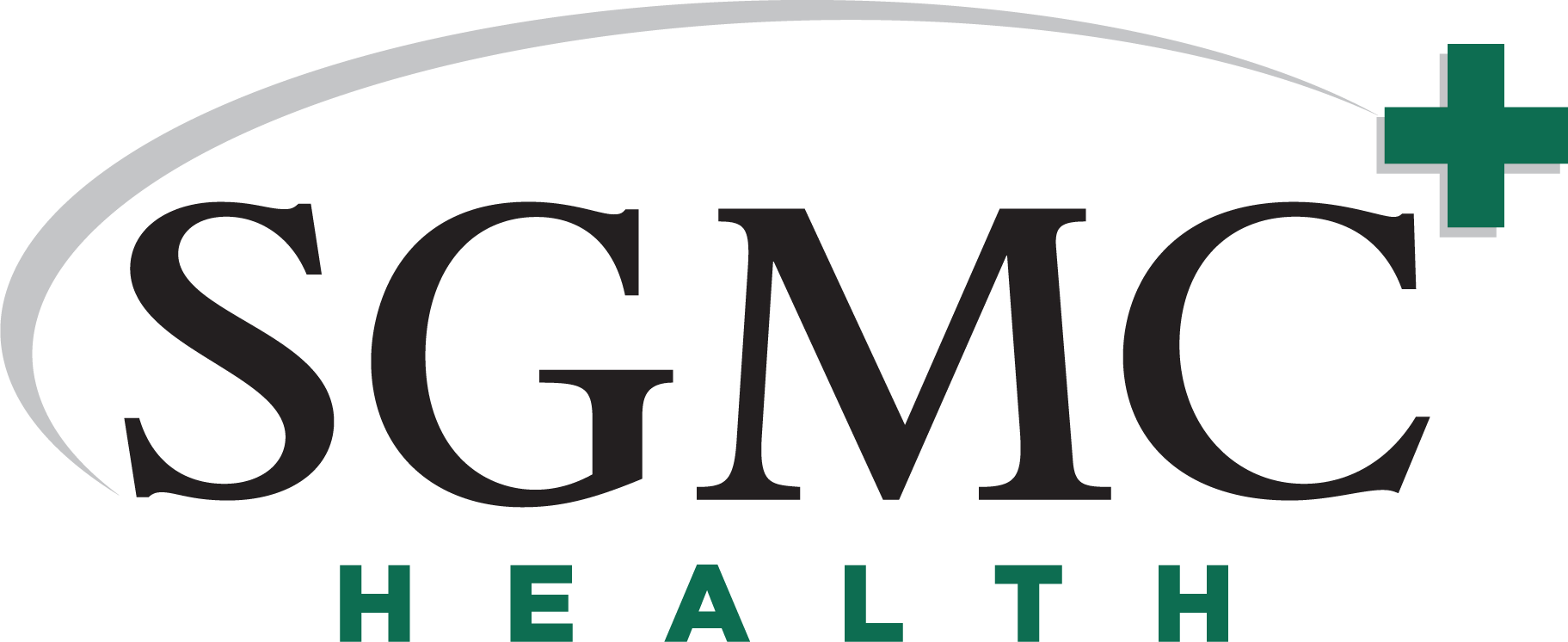
Physicians at South Georgia Medical Center expect to be asked questions; however, these questions repeat themselves on a daily basis. Who are you? Where is my ‘regular’ doctor? What are hospitalists?
The team of clinicians who work as hospitalists at SGMC are likely to be the physicians you see at the bedside.
Hospitalists are internists who practice hospital-based medicine—in other words, they treat patients only in the hospital setting. SGMC recently celebrated the second anniversary working with Apogee Physicians, a rapidly-growing national hospitalist network.
A Growing Trend
According to SGMC Chief Executive Officer Bill Forbes, it is a growing trend for hospitalists to provide inpatient medical care. In fact, hospitalists work in over 80 percent of US hospitals with greater than 200 beds.
SGMC’s Chief Medical Officer Dr. Brian Dawson explained that it is a physician’s preference whether or not to leave his or her medical office throughout the day to make hospital rounds. If a physician decides it is a more productive use of time not to make hospital rounds, patients can be admitted and treated by the well-trained hospitalists of Apogee Physicians.
“With the exception of six or seven local physicians, most primary care physicians in Valdosta choose to work with our hospitalists. For inpatients who have an established relationship with a primary care doctor, the hospitalists will share information and test results to keep the primary care provider informed of the patient’s diagnosis and treatment.”
-Dr. Brian Dawson, Chief Medical Officer
Because hospitalists are in the hospital 24/7, decisions regarding medical treatment can be made as situations arise. In emergency cases, hospitalists can admit patients. They can also discharge patients when they are medically ready to be discharged. And by being here all the time, hospitalists can order tests and procedures and follow-up in a timely manner.
Apogee Leadership
The Apogee Physicians’ leadership team at SGMC is comprised of Dr. Agrawal and Dr. Gabbard. Both are board certified physicians and received their residency training here in the US.
According to Dr. Agrawal, program director, “Apogee’s goal is to provide the best care possible. Our team works closely to promote effective transitions in care and open communication with the patient and family.”
Because SGMC is a busy institution with approximately 13,000 inpatients annually, Apogee maintains a support team of 22 hospitalists, and several physicians’ assistants and nurse practitioners to provide round-the-clock medical coverage. These clinicians work rotating schedules and are skilled in the latest treatments for hospitalized patients. A large number of physicians in the group live in the community and are invested for the betterment of the hospital and community.
Apogee physicians strive for the highest standard in safety and quality for patient care. Additionally, they actively participate in the education of medical, nursing and nurse practitioner students while at SGMC.
Partners in Patient Care
As essential partners in the patient’s care team, hospitalists may consult with other members of the medical staff (such as intensivists, cardiologists, neurologists, etc.) to assist in decision making. It is common for the patient to see a hospitalist, or one of the physician assistant hospitalists or nurse practitioners, one-or-more times a day, as needed.
According to Dr. Dawson, hospital medicine is one of the fastest growing medical specialties. “As more and more physicians decrease the time they spend in the hospital and as more patients are admitted with chronic medical needs, hospitalists will play a key role in meeting the challenges of prompt, quality care.”
As hospitalists become the new normal in inpatient health care, patients are encouraged to embrace this change. If concerns exist, patients and family members are encouraged to discuss hospitalist care with a primary care physician prior to hospital admission.

